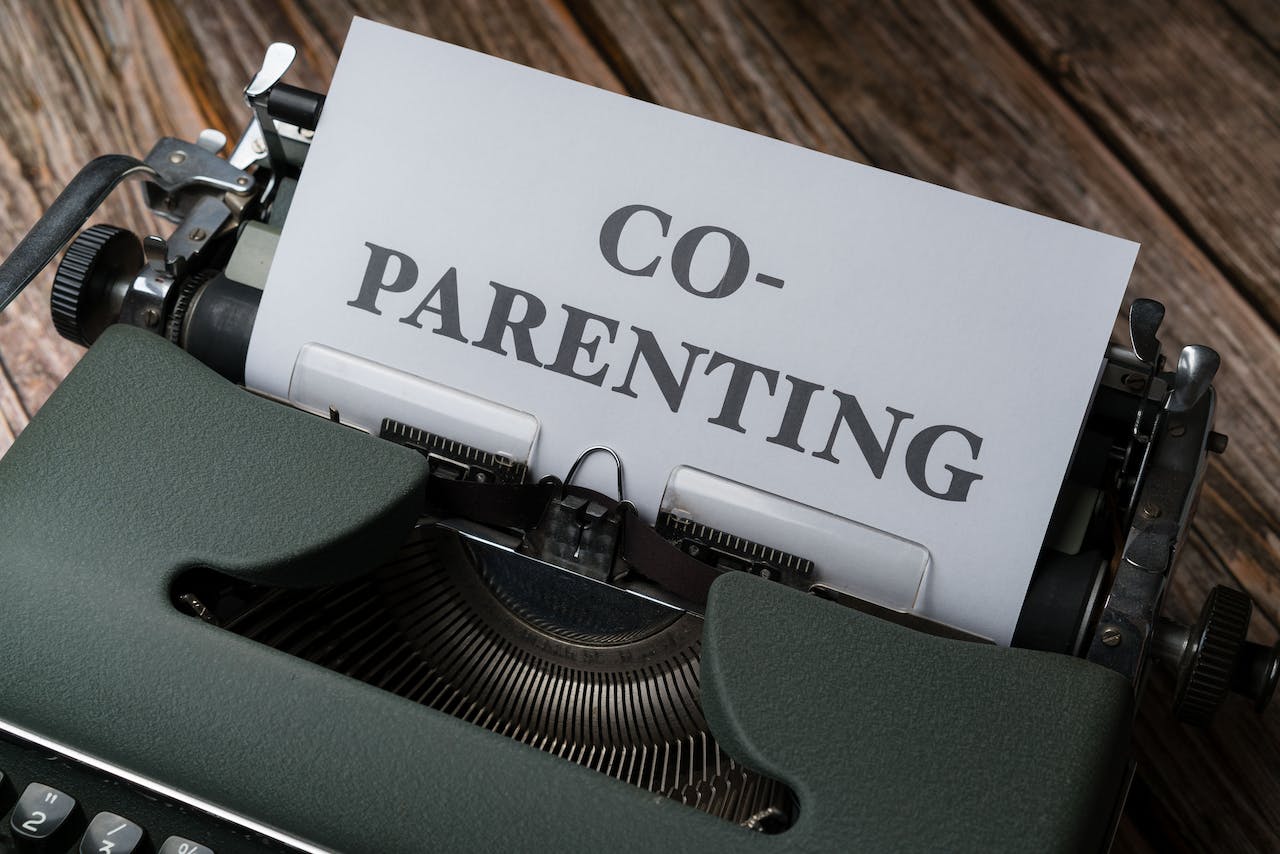Understanding Sole Custody in the Varied Family Landscapes of Georgia
Understanding the concept of sole custody is crucial for parents facing custody decisions. Sole custody, a critical legal arrangement, grants one parent both physical and legal responsibility for a child. This comprehensive guide offers a deeper exploration into the dynamics of sole custody, examining its implications, legal criteria, and impact on child-rearing across the varied communities of Georgia.
1. Definition and Scope of Sole Custody
- Comprehensive Authority: Sole custody entails one parent having complete physical and legal custody, making them solely responsible for all major decisions affecting the child’s welfare.
- Legal and Physical Custody: This custody arrangement encompasses both the physical living situation of the child and the legal authority to make critical decisions about their upbringing.
2. Criteria for Awarding Sole Custody
- Best Interests of the Child: The primary criterion for awarding sole custody is the child’s best interests, considering factors such as stability, safety, and emotional well-being.
- Parental Evaluation: Courts thoroughly assess each parent’s ability to provide for the child, including their emotional, financial, and physical capabilities.
3. Reasons for Granting Sole Custody
- Parental Fitness: Issues such as substance abuse, neglect, or abusive behavior can lead to one parent being deemed unfit, resulting in the other receiving sole custody.
- Parental Agreement: In some cases, parents might mutually agree that one parent should have sole custody, often due to specific family dynamics or personal circumstances.
4. Legal Implications and Rights
- Decision-Making Authority: The custodial parent has exclusive rights to make crucial decisions regarding education, healthcare, and religious upbringing.
- Non-Custodial Parent’s Role: While the non-custodial parent might have visitation rights, they generally have no legal authority over major decisions.
5. Geographic Variations in Custody Decisions
- Regional Differences: Custody decisions in Georgia can vary based on local legal precedents and cultural norms, from the suburban counties like Cobb to the historic regions like the Coastal Plains.
- Cultural and Social Considerations: Courts consider the cultural and social fabric of each region when making custody decisions, ensuring they are appropriate for the family’s specific context.
6. Challenges and Considerations in Sole Custody
- Emotional Impact on Children: Sole custody can have significant emotional implications for the child, particularly in terms of the relationship with the non-custodial parent.
- Adjustment and Transition: The transition to a sole custody arrangement requires careful management to ensure the child’s smooth adjustment to the new living situation.
7. Role of Legal Representation
- Navigating Legal Complexities: An experienced family law attorney can provide essential guidance through the legal intricacies of obtaining sole custody.
- Advocacy and Support: Legal counsel advocates for the parent’s rights while ensuring that the custody arrangement serves the child’s best interests.
8. Modification and Future Adjustments
- Changing Circumstances: Sole custody arrangements can be modified if significant changes in circumstances occur, warranting a reassessment of the custody arrangement.
- Continuous Monitoring: Regular evaluations of the child’s situation and the custodial parent’s capability ensure that the arrangement remains in the child’s best interests.
9. Co-Parenting Dynamics
- Maintaining Parent-Child Relationships: Efforts should be made to preserve a healthy relationship between the child and the non-custodial parent, emphasizing the importance of regular visitation and communication.
10. Impact on Child Support and Financial Responsibilities
- Financial Obligations: The non-custodial parent is typically required to provide child support, contributing to the child’s financial needs under the sole custody arrangement.
In Georgia, where families navigate the complexities of custody, understanding the nuances of sole custody is vital. Sole custody arrangements, while offering stability and consistency, require careful consideration to ensure they genuinely reflect the child’s best interests. At Barrett Partners Group, our commitment is to guide families through the process of establishing sole custody arrangements that are sensitive to the child’s needs and the family’s unique circumstances. Our goal is to provide comprehensive legal support that prioritizes the well-being of the child while respecting the rights and responsibilities of both parents across Georgia’s diverse communities.







